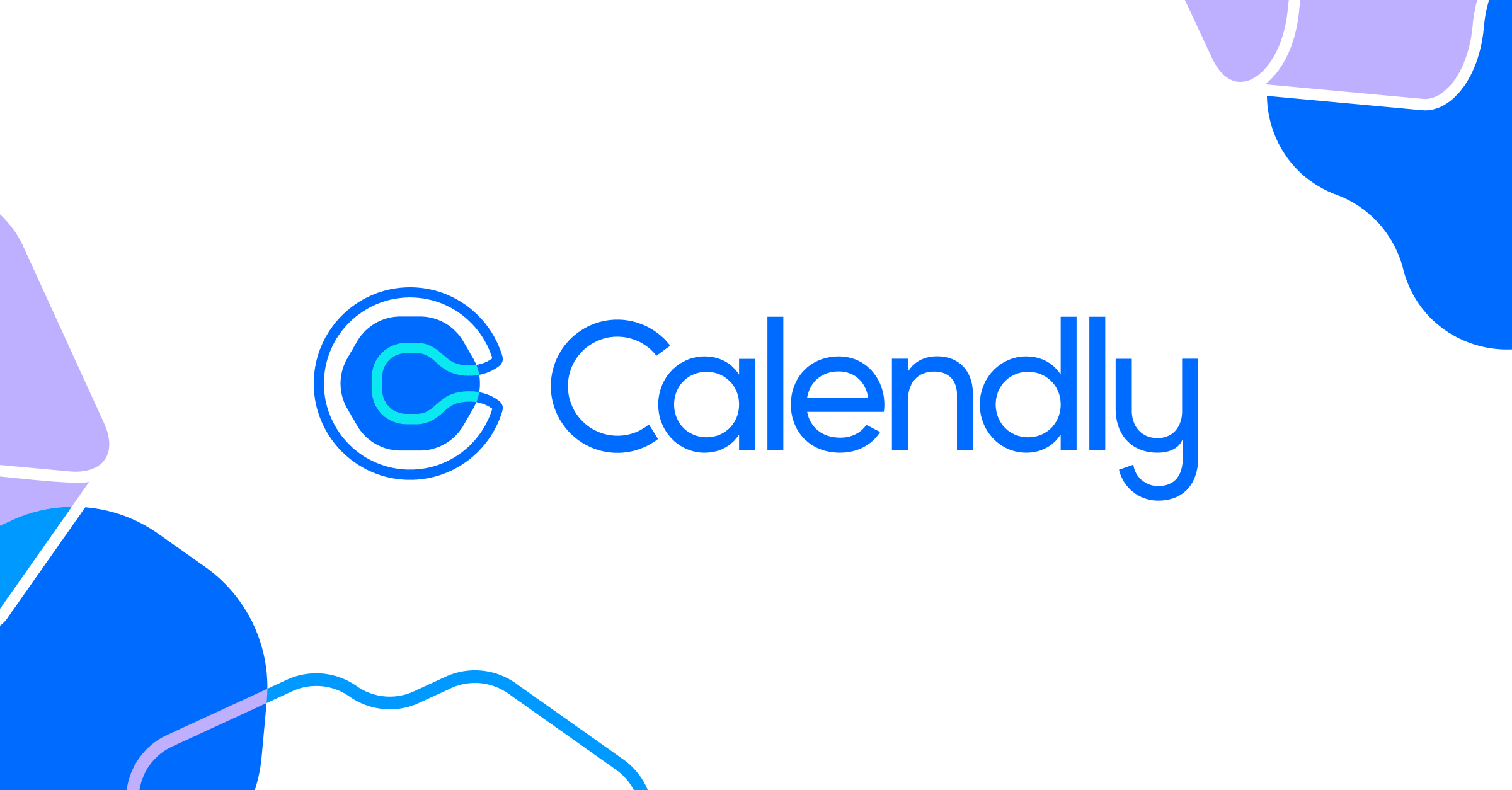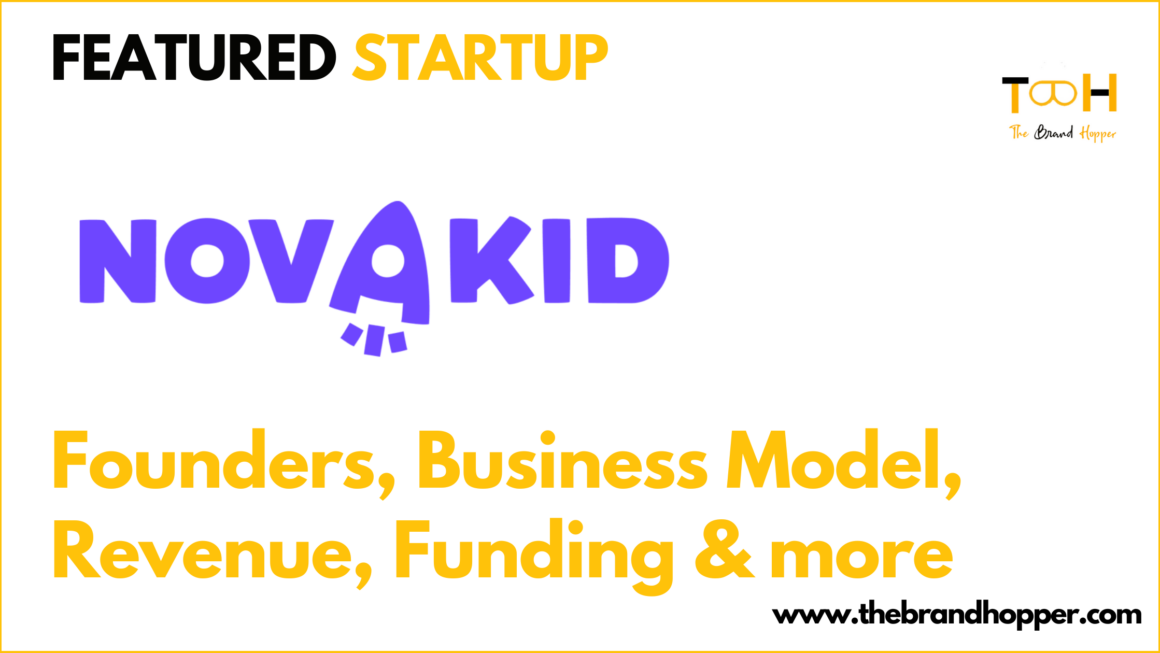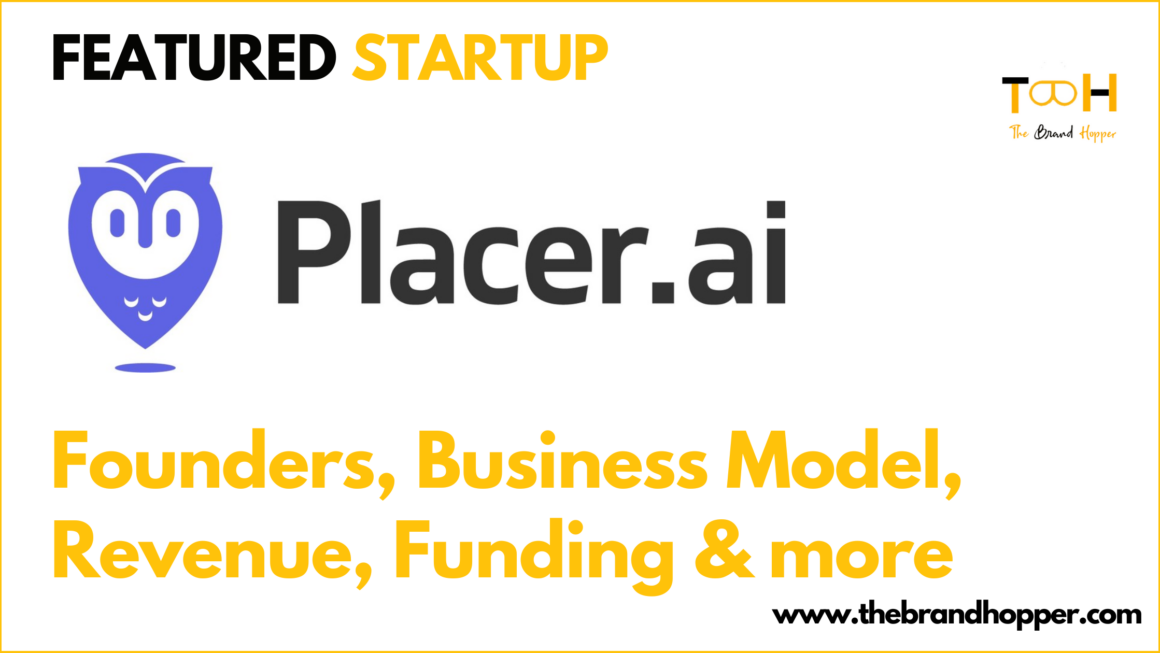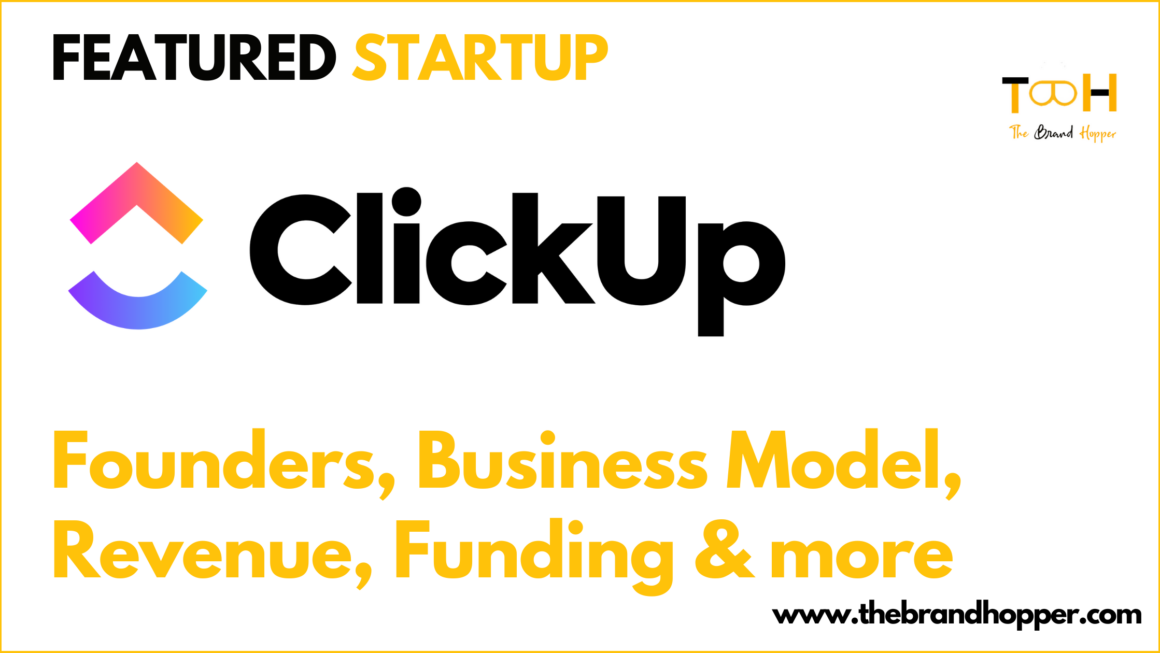Calendly is a cloud-based scheduling software that simplifies the process of setting up meetings and appointments. Founded in 2013 by Tope Awotona, Calendly has grown to become one of the leading scheduling tools used by individuals, teams, and organizations across various industries. The platform’s primary goal is to eliminate the back-and-forth emails typically associated with scheduling meetings, saving time and increasing productivity for its users.
At its core, Calendly works by allowing users to create custom scheduling pages that reflect their availability. These pages can be shared with others, who can then book time slots directly without the need for any additional communication. This streamlined approach to scheduling has made Calendly a popular choice for professionals, businesses, and educational institutions alike.
One of the key features that sets Calendly apart is its integration capabilities. The platform can sync with various calendar services, including Google Calendar, Office 365, and iCloud. This integration ensures that when someone books a meeting through Calendly, it’s automatically added to the user’s calendar, and any existing appointments are taken into account to prevent double-booking. Furthermore, Calendly integrates with a wide range of other tools and services, such as Zoom, GoToMeeting, Salesforce, and PayPal, enhancing its functionality and allowing for seamless workflow management.
Calendly offers a tiered pricing structure, catering to different user needs and budgets. The platform provides a free basic plan with limited features, as well as paid plans with more advanced capabilities. These paid plans include features such as customizable email notifications, the ability to schedule group events, and advanced reporting and analytics.
One of the standout features of Calendly is its ability to handle different types of meetings. Users can set up one-on-one meetings, group sessions, or even recurring appointments. For each type of meeting, users can customize various parameters, such as the duration of the meeting, the location (whether it’s a physical address or a virtual meeting link), and any additional information or questions that need to be collected from attendees.
Calendly’s user interface is designed to be intuitive and user-friendly, making it accessible even to those who are not particularly tech-savvy. The platform offers a clean, modern design that’s easy to navigate. Users can quickly set up their availability preferences, create different event types, and customize their scheduling pages to match their brand or personal style.
For teams and organizations, Calendly offers advanced features that facilitate collaboration and streamline workflows. The team scheduling feature allows multiple team members to coordinate their schedules, making it easy to find common available time slots for group meetings or to distribute incoming meeting requests among team members based on their availability and expertise.
Privacy and security are paramount in Calendly’s design. The platform allows users to control who can see their availability and what information is shared. Users can set buffer times between meetings, limit the number of meetings that can be scheduled in a day, and even set up approval workflows for certain types of appointments. Additionally, Calendly complies with various data protection regulations, including GDPR, ensuring that user data is handled responsibly and securely.
Calendly’s mobile app extends the platform’s functionality to smartphones and tablets, allowing users to manage their schedules on the go. The app provides much of the same functionality as the web version, including the ability to view and edit events, manage availability, and receive notifications for new bookings.
One of the less obvious but significant benefits of using Calendly is its potential to improve professional relationships. By eliminating the often frustrating process of scheduling meetings, Calendly helps create a more positive experience for both the scheduler and the attendee. This can lead to better first impressions and smoother ongoing interactions, which can be particularly valuable in sales, customer service, and networking contexts.
Calendly’s impact on productivity is noteworthy. Studies have shown that the average professional spends several hours per week scheduling meetings. By automating this process, Calendly frees up significant time that can be redirected to more valuable tasks. Moreover, the reduction in scheduling-related emails helps decrease inbox clutter and the associated mental overhead.
While Calendly is widely appreciated for its efficiency, it’s worth noting that some people have concerns about the impersonal nature of automated scheduling. Critics argue that it can come across as presumptuous or overly formal in certain contexts. However, many users find that the benefits of streamlined scheduling outweigh these potential drawbacks, especially when the tool is used thoughtfully and in appropriate situations.
As remote work and digital communication continue to grow, tools like Calendly are likely to become increasingly important. The platform’s ongoing development and expansion of features suggest that it will continue to evolve to meet the changing needs of modern professionals and organizations.
In conclusion, Calendly represents a significant advancement in the way we approach scheduling and time management. By simplifying what was once a tedious process, it enables individuals and teams to focus more on their core activities and less on administrative tasks. As with any tool, its effectiveness ultimately depends on how it’s used, but for many, Calendly has become an indispensable part of their professional toolkit, streamlining workflows and enhancing productivity in an increasingly fast-paced digital world.
Founder and Founding Details of Calendly
Calendly was founded by Tope Awotona in 2013, driven by his frustration with the inefficiencies of scheduling meetings. Born in Lagos, Nigeria, Awotona moved to the United States as a teenager and later graduated from the University of Georgia with a degree in Management Information Systems. His career spanned various roles in sales and software development at companies like IBM and EMC Corporation, where he honed his skills and gained insights into the challenges professionals face in managing their schedules. These experiences laid the groundwork for his entrepreneurial journey.

Awotona’s eureka moment came after numerous unsuccessful attempts to coordinate meetings using existing tools. He found them either overly complicated or lacking essential features. Recognizing a significant market need, he invested his life savings into developing a more effective solution. Bootstrapping the company allowed him to maintain control over its direction and ensure that user needs remained the central focus of development. The result was Calendly, a user-friendly scheduling tool that simplifies the process of booking meetings by integrating seamlessly with popular calendar systems like Google Calendar and Outlook.
Calendly launched in late 2013 and quickly gained traction, especially among sales professionals, recruiters, and small business owners who valued its simplicity and effectiveness. A key growth strategy was the freemium business model, which provided basic features for free while offering advanced functionalities for paying users. This approach facilitated rapid adoption and established a steady revenue stream. The platform’s ability to automate scheduling, send reminders, and integrate with other tools made it an indispensable asset for its users.
A significant milestone in Calendly’s growth was its acceptance into the Y Combinator startup accelerator program in 2014. This provided not only funding but also mentorship and access to a vast network of industry contacts. Subsequent funding rounds, including a $350 million investment in 2021, valued the company at over $3 billion and allowed for substantial expansion in terms of features, team size, and market reach. These investments have been crucial in maintaining the platform’s competitive edge and accelerating its development.
Tope Awotona’s vision for Calendly extends beyond merely addressing scheduling challenges. He aims to make it an integral part of professional workflows, automating various aspects of time management and coordination. His story is a testament to the impact of resilience and innovation. As an African immigrant and a successful tech entrepreneur, Awotona emphasizes the importance of diversity and inclusion, advocating for greater representation in the tech industry. Under his leadership, Calendly continues to grow and evolve, staying true to its mission of simplifying scheduling and enhancing productivity for users worldwide.
Business Model of Calendly
Freemium Model
The free version of Calendly includes essential scheduling features, making it an attractive option for individual users and small businesses. Users can connect one calendar and access basic scheduling functionalities such as creating event types, setting availability, and sending booking links. This tier is sufficient for many users who need a straightforward tool to manage their appointments without any cost.
Paid Subscription Plans
Calendly generates revenue through its paid subscription plans:
- Essential Plan: Starts at $8 per user per month. Includes features like custom branding, team calendars, and SMS reminders.
- Professional Plan: Starts at $12 per user per month. Adds advanced features like workflow automation, Salesforce integration, and team management.
- Teams Plan: Starts at $16 per user per month. Provides enterprise-level capabilities like round-robin scheduling, admin controls, and custom reporting.
- Enterprise Plan: Custom pricing for large organizations. Includes advanced security, compliance, and integration options.
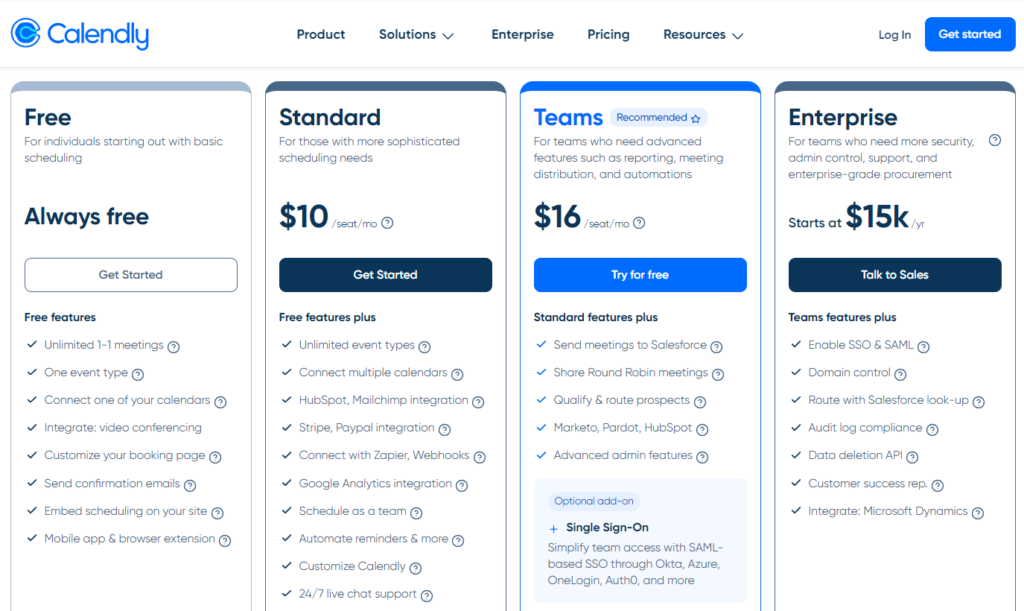
Revenue Streams
Calendly’s primary revenue streams include:
- Subscription Fees: The majority of Calendly’s revenue comes from users upgrading to paid subscription plans.
- Enterprise Sales: Larger organizations pay custom pricing for the Enterprise plan, which includes more advanced features and support.
- Integrations and Add-Ons: Calendly generates additional revenue by offering integrations with other business tools and premium add-on features.
- Advertising: While not a major revenue source currently, Calendly may explore advertising opportunities in the future to monetize its user base.
Funding Rounds of Calendly
alendly has successfully navigated multiple funding rounds, each contributing significantly to its growth and development. Below is a detailed exploration of these rounds:
Series Seed Funding (April 24, 2014)
Calendly’s first external funding came from a Series Seed round on April 24, 2014, raising $350,000. This initial funding was crucial for laying the groundwork for the company’s early development and market entry.
- Amount Raised: $350,000
- Purpose: The seed funding was primarily used for initial product development, refining the user interface, and building a core team to support early operations. It enabled the company to establish a foundation and start gaining traction in the market.
Series A and A-1 Funding (January 15, 2017)
The next major milestone for Calendly was the Series A and A-1 funding rounds on January 15, 2017, which collectively raised $18.5 million. This significant capital infusion marked a turning point, allowing for substantial growth and expansion.
- Amount Raised: $18.5 million
- Investors: Specific investors for the Series A and A-1 rounds have not been disclosed publicly.
- Purpose: The funds were utilized to scale the product, enhance features, and expand the team. Key areas of focus included improving the scheduling algorithms, expanding integration capabilities with other tools and platforms, and ramping up marketing efforts to increase user adoption.
Series B Funding (January 26, 2021)
Calendly’s Series B funding round was a major breakthrough, raising $350 million and valuing the company at over $3 billion. This round was led by OpenView Venture Partners and Iconiq Capital, underscoring the market’s confidence in Calendly’s potential and growth trajectory.
- Lead Investors: OpenView Venture Partners and Iconiq Capital
- Amount Raised: $350 million
- Valuation: Over $3 billion
- Purpose: The substantial funding was allocated to several strategic initiatives:
- Product Development: Accelerating the development of new features, improving user experience, and enhancing integration with third-party tools.
- Talent Acquisition: Expanding the team across various departments, including engineering, marketing, and customer support, to support rapid growth.
- Market Expansion: Exploring new markets and increasing brand awareness through targeted marketing campaigns and strategic partnerships.
- Infrastructure and Security: Enhancing technological infrastructure, improving data security measures, and ensuring compliance with international data protection regulations.
Impact of Funding Rounds
Each funding round has been instrumental in Calendly’s growth and expansion:
- Series Seed: Laid the foundation for initial product development and market entry.
- Series A and A-1: Enabled scaling of the product and team, driving significant user growth and market penetration.
- Series B: Provided the resources for extensive product enhancement, global market expansion, and technological advancements.
Calendly’s strategic funding rounds have provided the financial and strategic resources necessary to transform from a startup to a leading scheduling platform. The investments from seed to Series B have been pivotal in enabling product development, market expansion, and scaling operations. With a robust financial foundation and continued support from top-tier investors, Calendly is well-positioned to maintain its growth trajectory and market leadership in the scheduling software industry.
Revenue of Calendly
Calendly’s estimated annual revenue for 2023 is approximately $200 million, reflecting significant growth from previous years. This impressive figure showcases Calendly’s rapid expansion and increasing market penetration as a leading scheduling platform. The company has experienced substantial revenue growth, driven by its ability to attract a diverse range of users, from individual professionals to large enterprises, seeking efficient scheduling solutions.
Calendly’s revenue streams are primarily generated through its subscription-based model, offering various pricing tiers that cater to different user needs. These tiers include free, premium, and pro plans, each providing a set of features that enhance scheduling capabilities. Additionally, Calendly offers enterprise solutions tailored for larger organizations, contributing significantly to its revenue. The customer base of Calendly has expanded globally, with millions of users leveraging its platform to streamline their scheduling processes, making it a ubiquitous tool in various industries such as education, healthcare, sales, and customer service.
Also Read: Exploring Calendly’s Competitors and Alternatives (Free & Paid)
To read more content like this, subscribe to our newsletter

